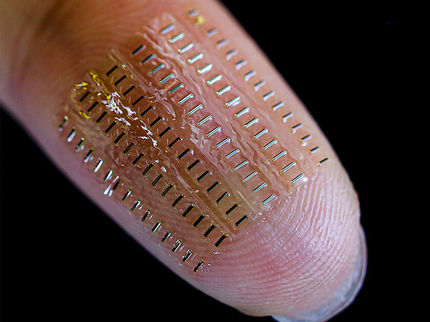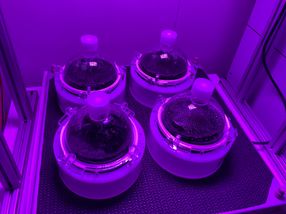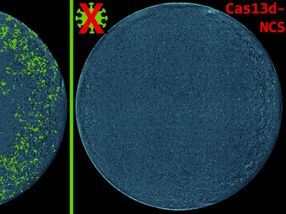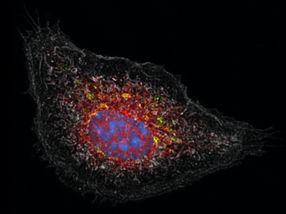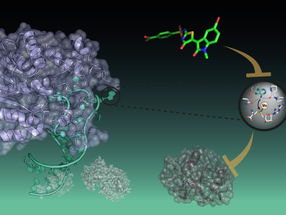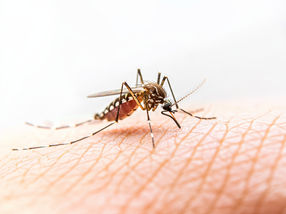Chagas – a neglected disease
Chagas disease is a deadly tropical illness. It is passed to humans by insects and contaminated blood transfusions, and can also be passed from mother to embryo. Around the world, almost 10 million people are infected with the disease – mostly in Central and South America and parts of the USA. Tourism and immigration, however, are also bringing the disease to Europe.
One bite can have fatal consequences
The disease is passed on by blood-sucking bugs of the Reduviidae family, whose bite contami-nates the wound and ultimately transmits the infection. The acute phase of the illness starts after four weeks and can last up to another four weeks. 30 – 40% of infected people have symptoms such as local redness, swelling around the wound, fever, and nausea. Treatment is only effective if started in this phase of the illness.
After a symptomless stage, which can last for years, the chronic, acute and frequently fatal phase of the illness begins. In 20% of cases, the heart and alimentary organs expand until they fail.
Scientists are concerned because there is still no inoculation. Current methods of treatment not only have serious side effects, they are also unaffordable for many patients.
Effective test offers a chance for a treatment
Under the direction of Fraunhofer ENAS, a European-Brazilian consortium is developing an on-site test, similar to a laboratory analysis, that can detect the infection quickly and reliably.
Scientists from eight European and five Brazilian research institutions and companies are developing a compact, low-cost detection system that can find the pathogen at any location. Three partners of the Heterogeneous Technology Alliance HTA are among them: CEA Leti from France, the Fraunhofer Institute for Electronic Nanosystems ENAS from Germany, and Teknologian tutkimuskeskus VTT from Finland.
The pathogen is detected in, say, a blood sample by searching for both its own DNA and the immune response from the patient’s body. The test allows highly specific diagnosis in all stages of the infection. Including sample pretreatment, the entire test system is the size of a cellular phone.
The researchers are receiving funding from the European Union and the National Council for Scientific and Technological Development in Brazil. The project “PodiTrodi – Technology plat-form for Point-of-care diagnostics for tropical diseases“ (EU-FP7-287770) started in September 2011 and was planned to run for two and a half years. The system will later be used as a tech-nology platform for other tropical diseases.
Other news from the department science
Most read news
More news from our other portals
See the theme worlds for related content
Topic world Diagnostics
Diagnostics is at the heart of modern medicine and forms a crucial interface between research and patient care in the biotech and pharmaceutical industries. It not only enables early detection and monitoring of disease, but also plays a central role in individualized medicine by enabling targeted therapies based on an individual's genetic and molecular signature.

Topic world Diagnostics
Diagnostics is at the heart of modern medicine and forms a crucial interface between research and patient care in the biotech and pharmaceutical industries. It not only enables early detection and monitoring of disease, but also plays a central role in individualized medicine by enabling targeted therapies based on an individual's genetic and molecular signature.
